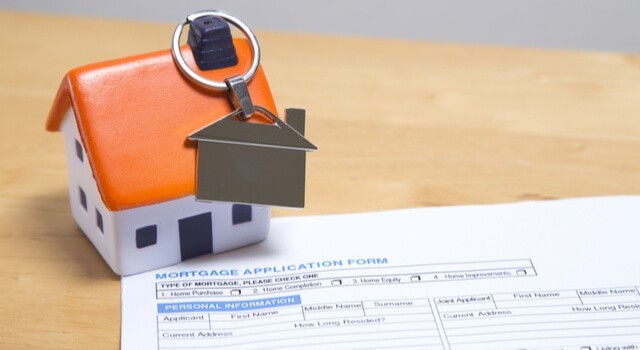Alternatively, if you are keen to keep hold of the car but would like to be rid of the monthly payments, you may be able to pay a lump sum amount to buy the car outright and end the lease early. You will need to contact your car finance provider directly and ask for a settlement figure. Depending on the exact terms of your contract, you may be liable to pay an early repayment charge for terminating your lease in this way. Also, this option is only viable if you have the ability to make a one-off payment. You should think extremely carefully before taking out another form of finance to raise money to pay off your lease; you may find yourself simply kicking the problem along the line rather than solving it.
Ending your car lease agreement
There are two aspects to consider when terminating a car lease early:
- Repayment of 50% of the Total Amount Payable (the calculation for this varies according to the type of lease)
- Ensuring there is no damage to the vehicle apart from the expected wear and tear, and that you haven’t exceeded the agreed mileage rate
The Total Amount Payable should be clearly stated on your contract. It’s the amount you borrowed, plus interest and charges. If you’ve taken out a PCP, an additional figure is included in the Total Amount Payable – the Guaranteed Minimum Future Value (GMFV).
What is the process for cancelling a car lease?
If you decide to cancel your car lease rather than negotiate for lower repayments, the first thing to do is contact the lender. You may prefer to phone initially to let them know your intention, following this up with a notice of termination letter as confirmation.
Some lenders require you to sign their own early termination document. It’s vital to check what you’re signing for, however, as you could incur unexpected additional charges. Once you’re satisfied that all is in order, the lender will inspect the car and take it away.
Be warned that if you’ve already defaulted on your repayments, it’s unlikely that you’ll be able to voluntarily end your car lease, however, and the finance company is under no obligation to allow you to do this, therefore taking action at the first sign of financial trouble is highly recommended.
Other considerations when ending a car lease early
If you’re able to cancel your lease agreement early, you can give the car back to the finance company and it won’t affect your credit score. While this is good news, you should be aware that it’s unlikely that you’ll be able to borrow from this particular lender as they will have lost money on the deal. The fact that you’ve used voluntary termination is noted in your credit file, but the reasons why the lease was ended are not.
When you take out car finance, certain types of lease place a limit on the number of miles you can travel in the car. If you’ve exceeded this when you voluntarily cancel your lease the extra miles will be charged for at a rate which was agreed when you originally signed the contract. The finance company charges for these additional miles as much of a car’s value is directly connected to its mileage.
You may be charged for ‘damage’ to the vehicle if the lender believes that any scuffs or scratches are more than normal wear and tear. The problem here is that it can be difficult to establish exactly what ‘normal wear and tear’ is. This unexpected payment can significantly increase the overall cost for you to cancel your lease agreement early.
If you are experiencing financial difficulties and can no longer afford your car lease or other household bills, Scotland Debt Solutions can help. Call our experts for a free same-day meeting, and receive the professional advice you need.





